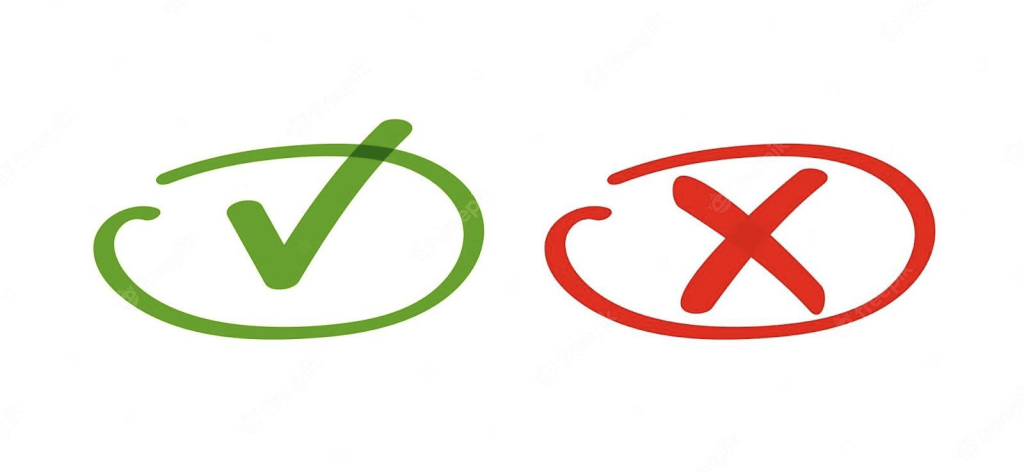
If you run a business, chances of receiving invoices from vendors, suppliers, and other service providers on a regular basis are high. These invoices are an essential part of your business operations, allowing you to keep track of expenses and pay bills on time. However, not all invoices are legitimate, and some can actually harm your business. In this article, we’ll take a closer look at false invoices, their types, how they can harm your business, and how to protect yourself from them.
What Are False Invoices?
False invoices, also known as fraudulent invoices, are invoices that appear to be legitimate but are actually fake. They are designed to trick businesses into paying for goods or services that they did not order or receive. False invoices can come in many forms, including emails, letters, and even phone calls.
Most Common Fraudulent Methods
There are several types of false invoices that businesses should be aware of. One common type is the “phantom” invoice, which is an invoice for goods or services that were never ordered or received. Another type is the “overpayment”, which is an invoice that claims the business has overpaid for a service and needs to be reimbursed. There are also “double” invoices, which are sent twice, hoping that the business will pay both times.
How Can They Harm your Business?
False invoices can harm your business in several ways. First and foremost, they can drain your finances. If you pay a false invoice, you are essentially giving money away for nothing. This can put a strain on your cash flow and make it harder to pay legitimate bills. False invoices can also harm your reputation, as they can make you look careless or incompetent. Additionally, if false invoices are part of a larger scam, they can put your business at risk of identity theft or other financial crimes.
How to Detect a False Invoice
There are several signs that an invoice may be false. One red flag is a request for payment without any prior communication or contract. Another is an unfamiliar vendor or supplier name. Invoices that contain vague or incomplete information, such as missing contact information or product details, should also be viewed with suspicion. If you receive an invoice that seems suspicious, it’s important to verify it with the vendor or supplier before paying.
Most Common False Invoice Scams
There are several common false invoice scams that businesses should be aware of. One is the “CEO scam,” in which an email is sent to a finance department from someone pretending to be the CEO, requesting an urgent payment. Another is the “directory scam,” in which a business is sent an invoice for a listing in a directory that they never agreed to be a part of. There is also the “office supply scam,” in which a business is sent invoices for office supplies that they never ordered or received.
How To Protect Your Business From False Invoices
The best way to protect your business from false invoices is to be vigilant. Make sure that all invoices are properly authorized and that there is a clear paper trail for all purchases. Train your employees to be aware of false invoice scams and to verify any suspicious invoices with vendors or suppliers. Additionally, consider implementing a system of checks and balances to ensure that all invoices are legitimate before they are paid.
Why You Should Use E-invoice Software
One of the most effective ways to protect your business from false invoices is to use e-invoice software. E-invoice software automates the invoicing process, making it easier to track invoices and verify their legitimacy. E-invoice software can also help to reduce the risk of human error, as all invoices are stored electronically and can be easily accessed and searched.
Benefits of E-invoice Software
In addition to protecting your business from false invoices, e-invoice software offers several other benefits. For one, it can help to streamline your invoicing process, making it faster and more efficient. It can also reduce the risk of duplicate payments and late payments, as it can automatically track due dates and send reminders. Additionally, e-invoice software can help you to better manage your cash flow, as you can easily see which invoices are outstanding and when they are due.
Conclusion
False invoices can harm your business in many ways, from draining your finances to damaging your reputation. By being vigilant and implementing best practices, such as verifying invoices and using e-invoice software, you can protect your business from these fraudulent schemes. Remember, prevention is key when it comes to false invoices. Don’t let your business fall victim to these scams.



